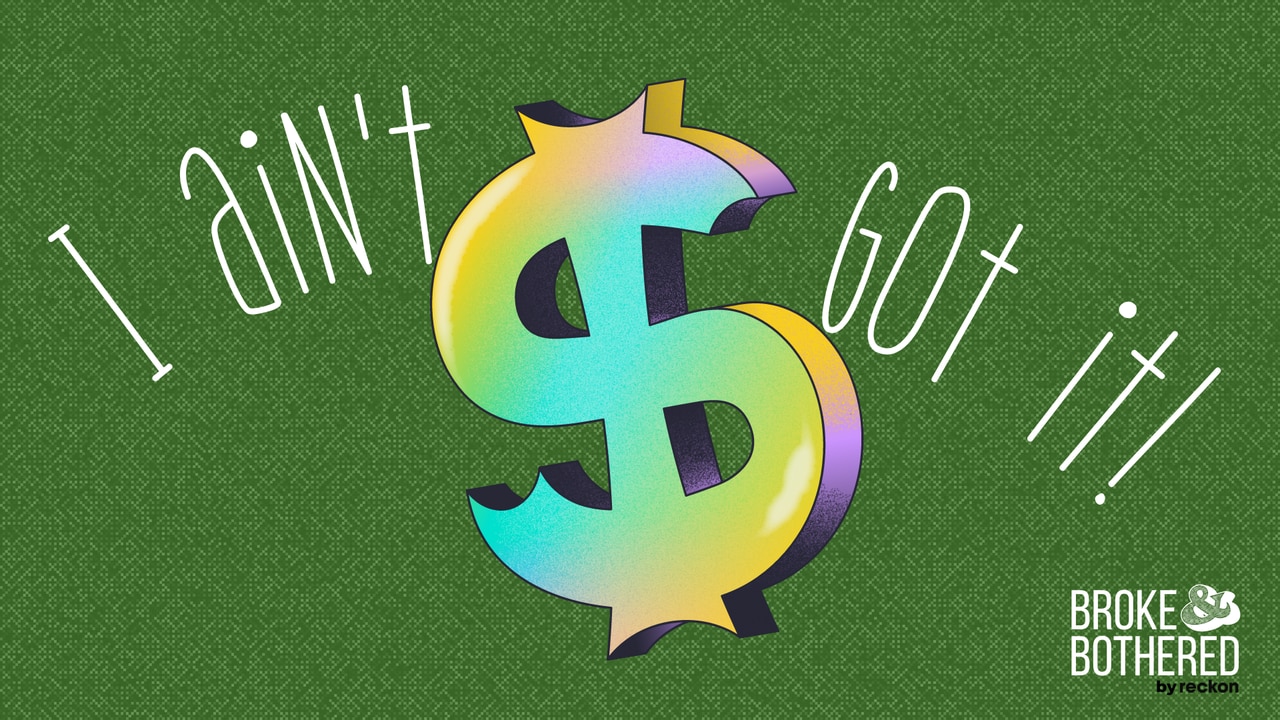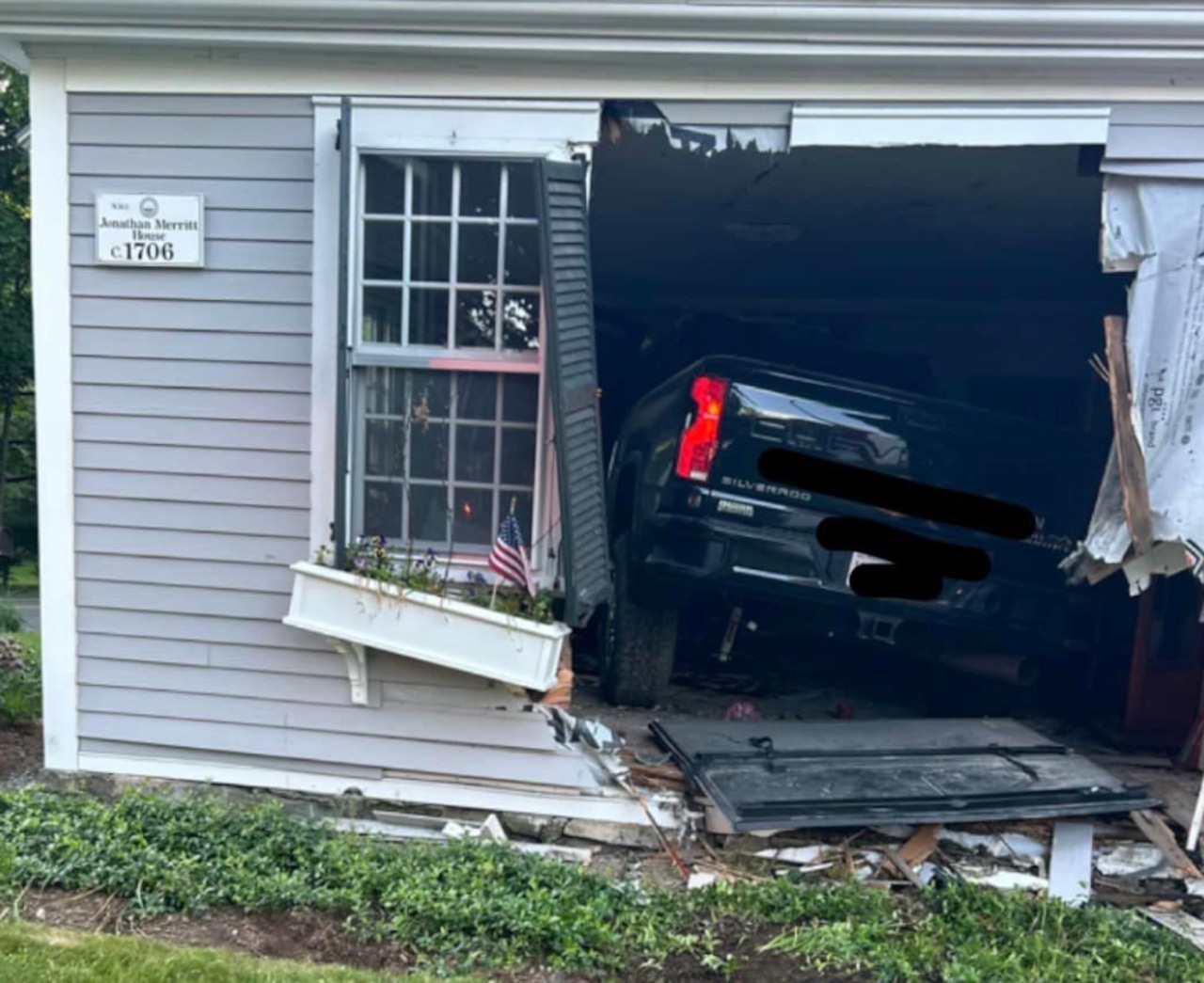Earlier this week, the nonprofit Student Debt Crisis Center tweeted:
Today (Aug. 29.), the student debt crisis reached $2,021,963,766,634
The debt crisis grows out of control every day, and you and I are victims of its predatory nature. I want nothing more than to wake up on Sept. 1 and hear that interest won’t accrue on my loans or that come October, I don’t have to pay them back. But as much as I love to be delusional, I know the reality of my student loans is out to get me.
The flip side is that I’m not alone in this debt and neither are you.
The Big Payback
If there’s a will, there’s a way, and with the nation’s first debtor’s union, the Debt Collective, they continue finding pathways to get us all debt-free.
This week, they launched the Student Debt Release Tool, helping borrowers apply pressure and petition the Biden administration to use authority under the Higher Education Act to cancel our loans.
“President Biden says he is going to use every tool he can to cancel student debt, but there is still much more he can do,” noted Debt Collective co-founder Thomas Gokey. “With this new tool, we are calling his bluff and demanding he cancel the debt for everyone today.”
The Student Debt Release Tool will create a personalized letter from each borrower that is sent to the U.S. Department of Education afterward.
Read more: Black women have to fix everything, so why not the student debt crisis?
The Debt Collective explains the process will have minimal steps and take no more than 10 to 20 minutes:
- You answer some basic questions about your student debt.
- Based on your answers, we’ve created legal language to assert why your loans are BS and should be canceled. Those answers will generate a demand letter.
- When you’ve completed all the questions, the form will get sent automatically to key officials with the power to act at the Department of Education.
“Using this new tool can in no way harm you,” Braxton Brewington, Press Coordinator of the Debt Collective told Common Dreams.
“The reality is, the Education Department has the authority to eliminate a person’s federal student debts if they want to. We know because they’ve done it before. Whether they choose to cancel people’s debts or not is completely up to their political rationale.”
While the goal is cancellation, filling out the form does not ensure that our debts will be canceled, and “the Department of Education is not required to respond to these letters.
Learn more about the Student Debt Release Tool here.
I Ain’t Got It

I ain’t got it.
For a lot of people, resuming student loan debt payments will mean their lives are turned upside down and inside out. Understanding the weight of this debt, Reckon asks readers like you who are worried about their finances, future, family and more to tell us what debt relief would mean for them. Each week, we’ll share a story that provides a glimpse into a borrower’s life.
Name: Katelyn
Student loan debt: $66,000
Location: Oregon
Age: 36
If debt payments resume: I will probably not be able to buy a home. I have been saving the last few years to have a down payment, but when student loan payments resume, all the money I was saving monthly will now be allocated to making the loan payments.
“I think letting an 18-year-old take out $50,000 to go to school is a scam because when you’re that old, you don’t mentally realize what you’re doing or what paying all of that off in your 20s and 30s is going to look like when you have to start paying it back. The system is broken and I wish I had never gone to college.”
Do you have a student loan debt story you want to share with Reckon? Your story is just as important as Katelyn and you can share it with us too. Send me an email at awray@reckonmedia.com or take a few minutes to fill out this Google form.
A movement for your money
With student loan debt payments set to resume in October, many borrowers are seeking options to hold off this debt like deferment, allowing you to stop making payments on your loan for up to three years, or forbearance, suspending payments by giving you the option to skip payments without becoming delinquent.
If you are still thinking through the best decision for your life and future when it comes to your student loan debt take these solutions into consideration.
Read more about deferment vs forbearance here.
–
Borrowers are worried about the future of affording and paying back their student loans. Are you one of them? Share your story and thoughts here with Reckon.






